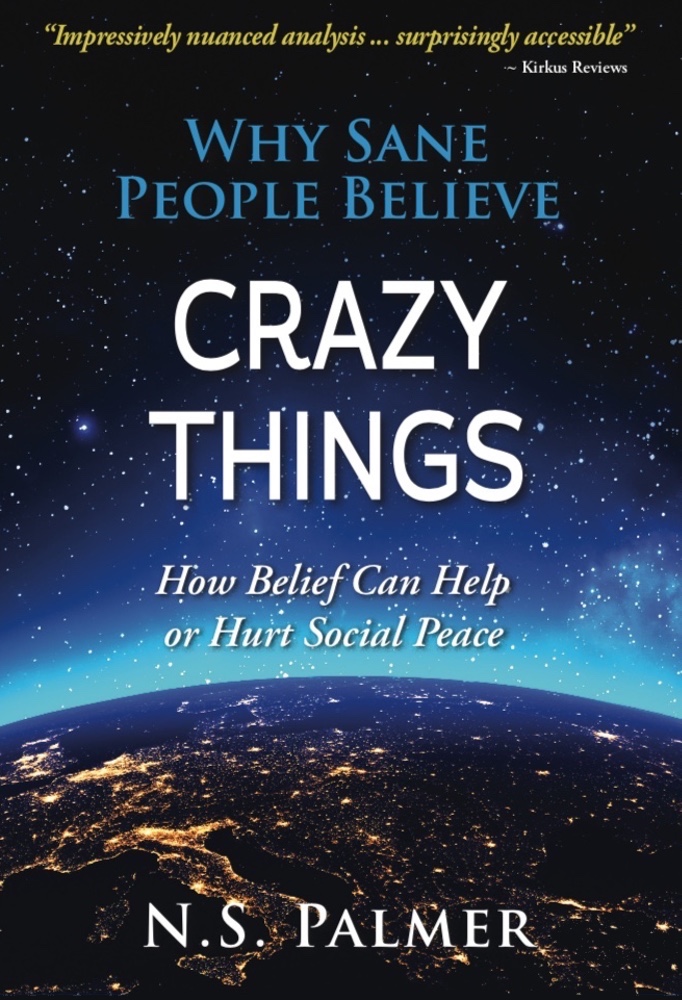By N.S. Palmer
Princeton professor Anne-Marie Slaughter must feel as if she’s in “hog heaven.”
Her recent article in The Atlantic magazine, “Why Women Still Can’t Have It All,” has provoked much wailing and gnashing of teeth, both on the feminist and anti-feminist sides of the debate. Whether people love her or hate her, they know who she is and, she hopes, will spell her name right.
Dr. Slaughter (D.Phil, Oxford, 1992) expresses ideas that an earlier generation would have regarded as common sense: Life involves choices. Choosing one thing often means you give up something else. If you spend all day at the office, you can’t spend that time with your children. If you spend more time with your children because you think they’re important enough to merit it, then you can’t spend that time at the office.
The simple fact is that regardless of sex, age, race, profession, or anything else, we will like some things about our lives and dislike others. We will achieve some of our goals and not others. We are finite and our lives here on earth are finite.
When we dislike things about our lives or events that happen to us, our instinctive reaction is to think, “Oh, it’s because of X.” It’s because I’m a woman. It’s because I’m a man. Or white. Or black. Or too fat. Or too thin. Or whatever catches our attention. But that’s a mistake.
Trade-offs are inevitable. If a person (male or female) chooses extensive graduate education and a very demanding career, that leaves less time and energy for building a family and caring for children. Choosing family over education and career has the opposite set of costs and benefits. It’s possible to choose both, but it is not then possible to devote one’s full attention to either.
This isn’t a feminist issue. It’s a human issue. We have only so much time and energy. Doing one thing might require not doing something else that we also value. There’s a saying I like: “You can be anything you want, but you can’t be everything you want.”
Or, as Alexander Pope put it in his Essay on Man:
Hope springs eternal in the human brest;
Man never is, but always to be, blest.
We’re never satisfied with what we have: we always want something more, something better. When we harness that impulse thoughtfully, it spurs us to great things. When we wallow in it as an excuse for self-pity, it only causes unhappiness to us and to others.
Copyright 2012 by N.S. Palmer. May be reproduced as long as byline, copyright notice, and URL (http://www.ashesblog.com) are included.

Or as Paul Simon once wrote,
“What is the point of this story? What information pertains?
The thought that life could be better is woven indelibly into our hearts and our brains.”
By: Jim on June 22, 2012
at 5:51 pm
Hi, Jim —
Thanks for the good thought! Paul Simon was one of the best, too.
Scott
By: N.S. Palmer on June 22, 2012
at 9:45 pm
I cannot even express to you how relevant that is to me right now! Maybe if we can learn to tolerate, enjoy, or make the most of the feeling of “oh I wish I had…” then we could really prosper! But that is me doing the same thing of “if only it was this or that way, I’d feel better!”
The truth is that now is all we have, right now, and we have to love it! Whehter we are some famous business executive, some awesome mother, some cool dog trainer or a crappy version of something, we can still breathe and say “ya know what? That breath was awesome; and if my time on this plant was going to end right now, it would really be the first thing I would wish for.”
I absolutely adore this post, thank you so much!
By: Jennifer Stuart on June 22, 2012
at 8:49 pm
Hi, Jennifer —
Thanks so much for your kind comment! It sounds as if we have very similar outlooks on life.
God bless, and I trust that your time on this planet will not end for a very long and joyful time yet.
Scott
By: N.S. Palmer on June 22, 2012
at 9:44 pm